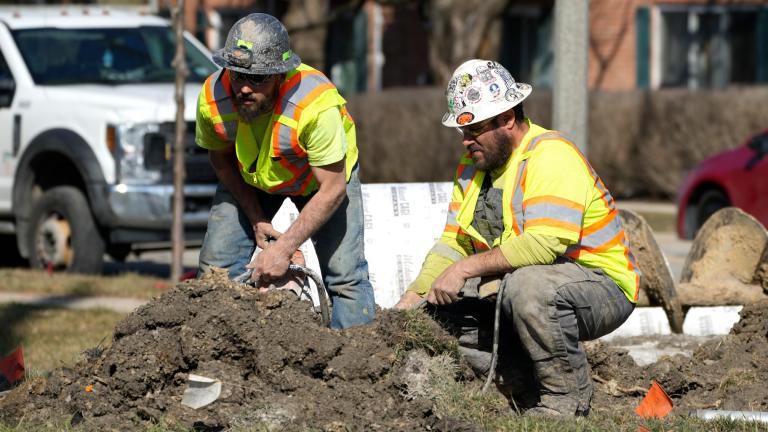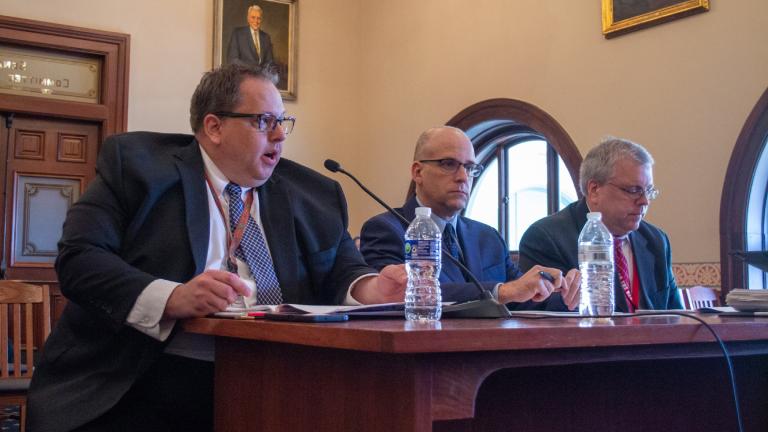With live music events still on hold, Chicago independent music venues look forward to relief in the Save Our Stages part of the stimulus bill.
WTTW News spoke with Katie Tuten, who was part of the advocacy committee for the Chicago Independent Venue League (CIVL) to get Save Our Stages into the stimulus bill. Below, an edited interview with Tuten.
Tell us about the effort to get the Save Our Stages into the stimulus bill.
Tuten: More than two million letters went to Congress in support of Save Our Stages and proudly Illinois had the second most calls in the country, after California. We’ve been working tirelessly since March or April, and we often referred back to ‘Schoolhouse Rock!’ and how a bill becomes a law.
And Chicago became a model for the effort nationwide to draw attention to Save Our Stages, correct?
Tuten: There’s this national thing called Independent Venue Week, and that’s usually in July. They came together and decided they needed to form a group like we did in Chicago [CIVL] to support Support Our Stages. There’s differences between the two groups, but we were sort of the model [for NIVL, the National Independent Venue League] and proof that it could be done. I said do it like we do in Chicago. We have precinct captains, and people were assigned to their states or metro areas, and that worked. We met three times a week and decided on our call to action and how we needed to move forward. It was a real education to some people. We had several members who’d never spoken to an elected official.
What sort of political support did you get?
Tuten: In Illinois, we had 14 of 18 congressional members cosponsor and both of the senators. And I want to be clear it was a bipartisan effort. It took some explaining to the elected officials as to the importance of our venues being saved across the country because it’s a complicated ecosystem. A band can’t go on tour if there are no venues in Detroit or Des Moines. We all had to survive. And the other important piece of this is the small guys, as well as the big guys, had to survive because it’s an important component of our ecosystem. We explained to them that we’re economic drivers. We’re cultural institutions without question, and we’re businesses so getting those two messages across was a heavy lift but we were quite successful in doing so.
What’s the state of your club, The Hideout?
Tuten: We cannot operate until we open, so we had to mothball our business. There’s no such thing as takeout music. Some of us stream shows but that’s mostly to stay connected to our community.
Follow Marc Vitali on Twitter: @MarcVitaliArts








